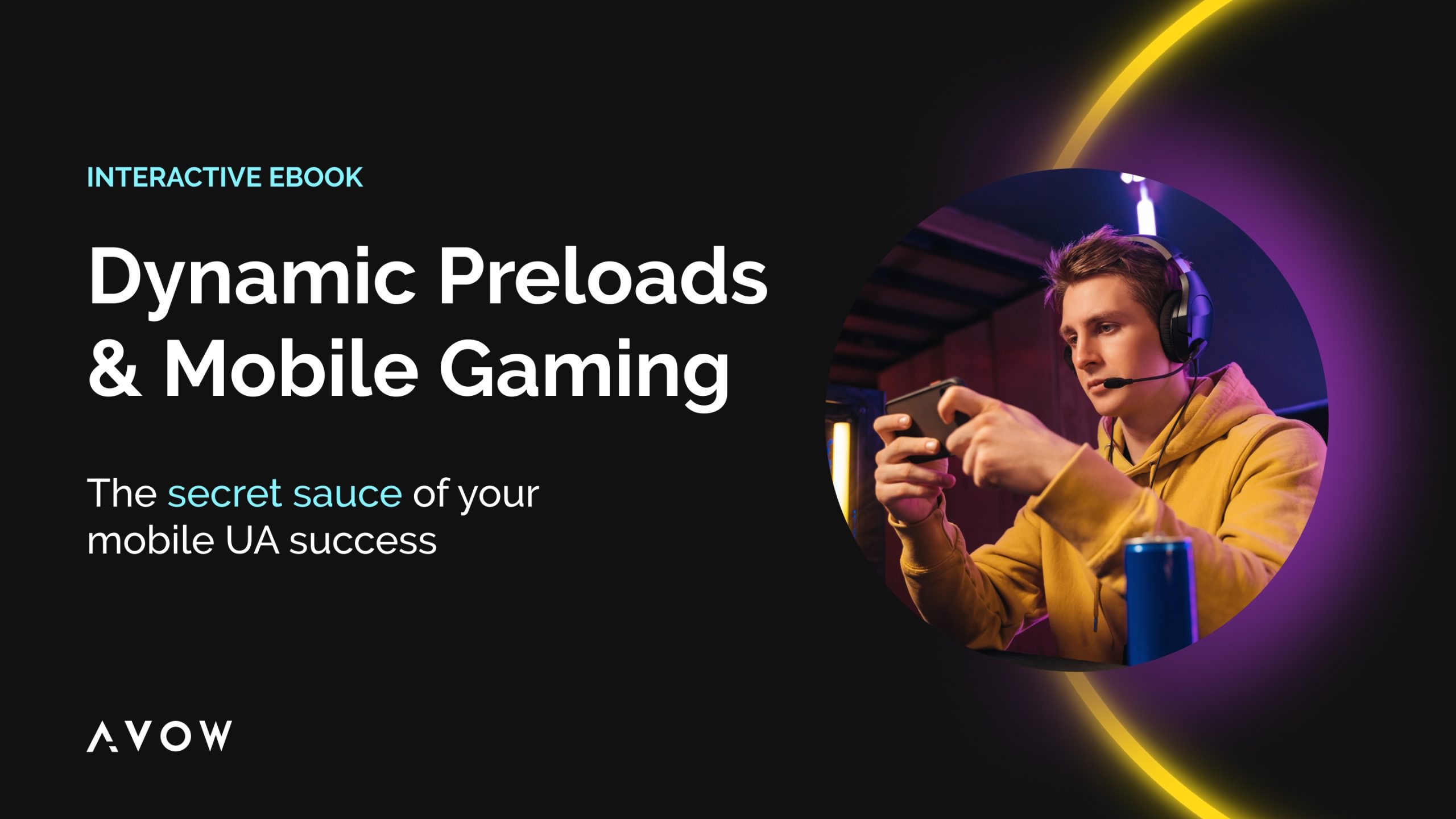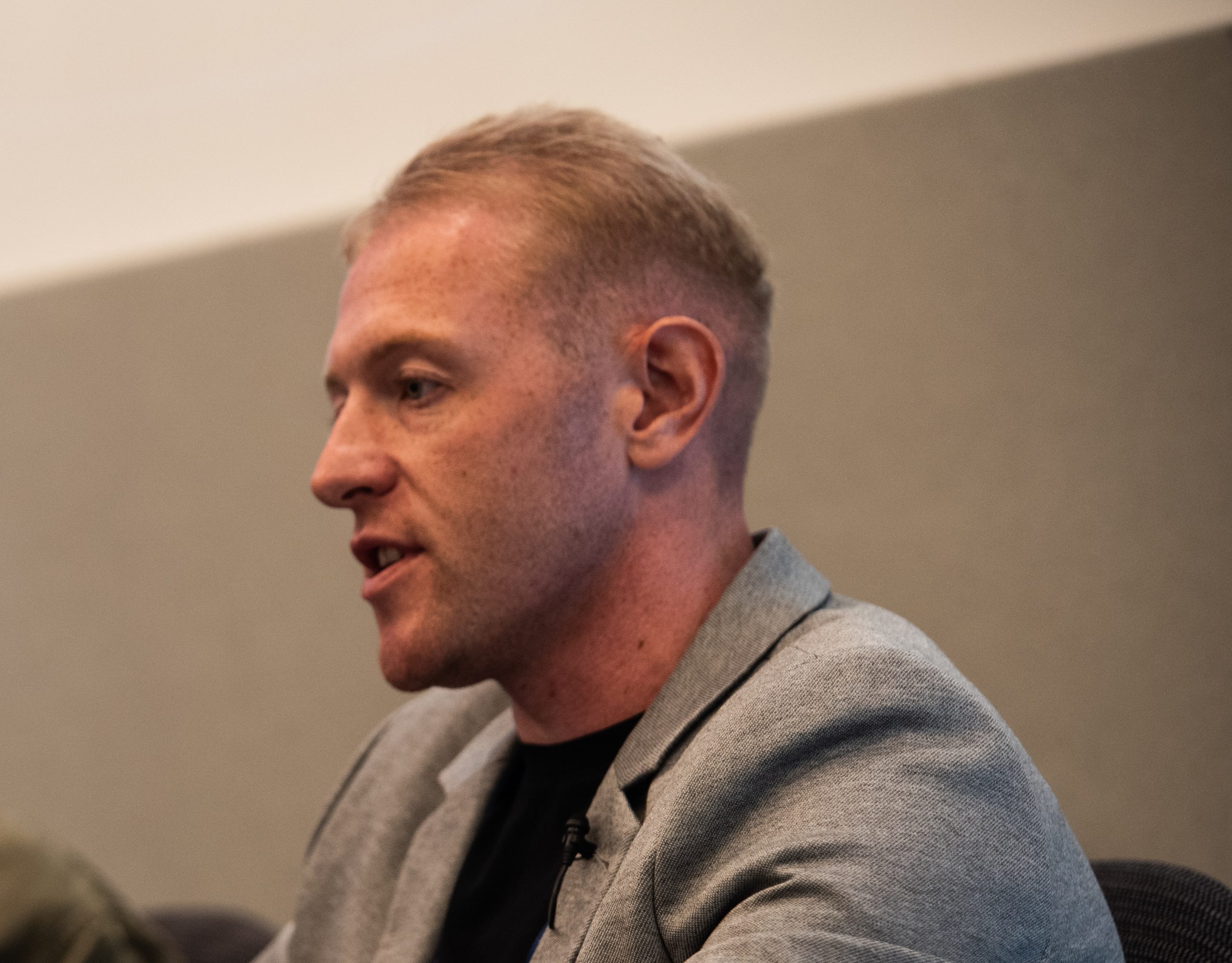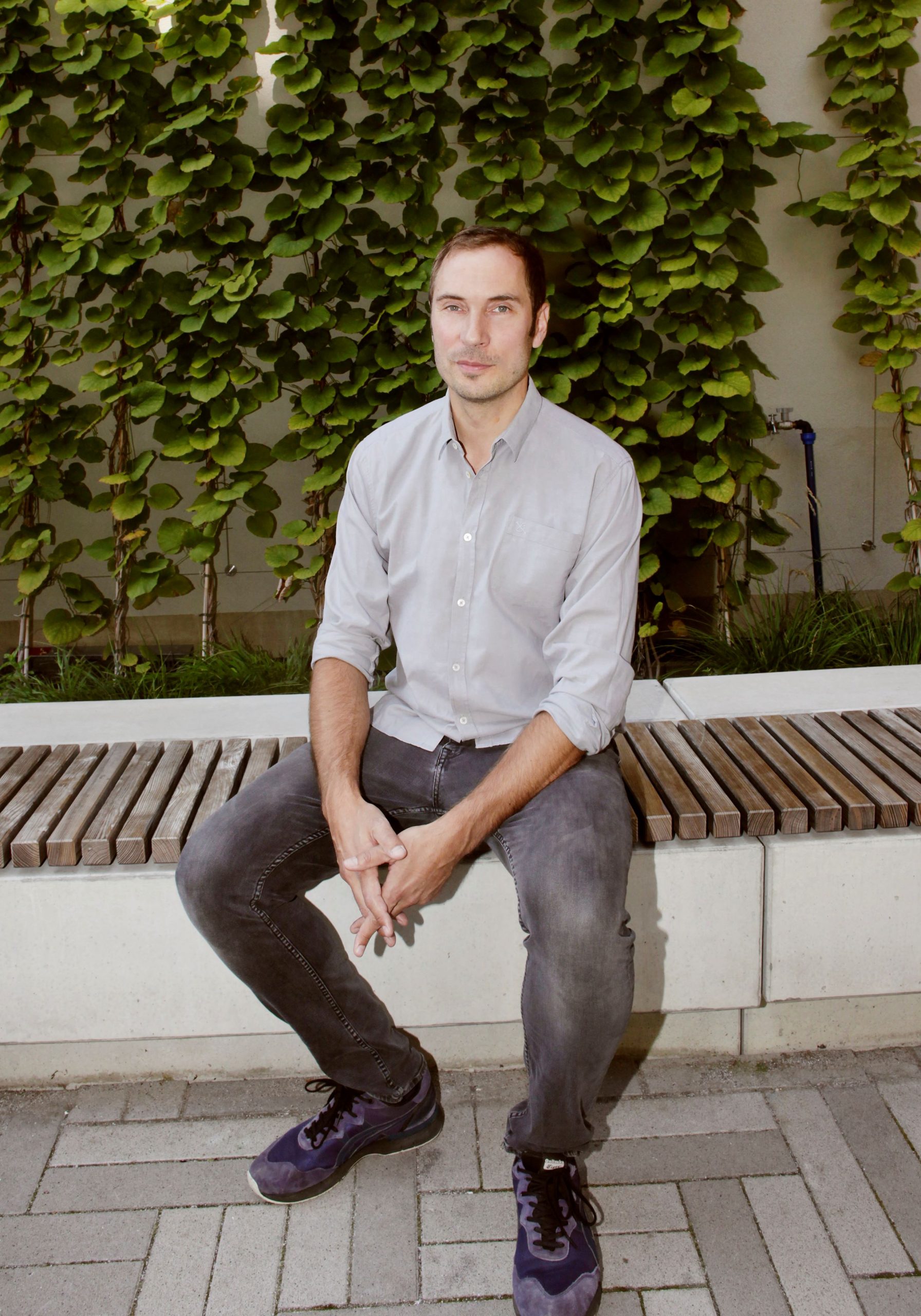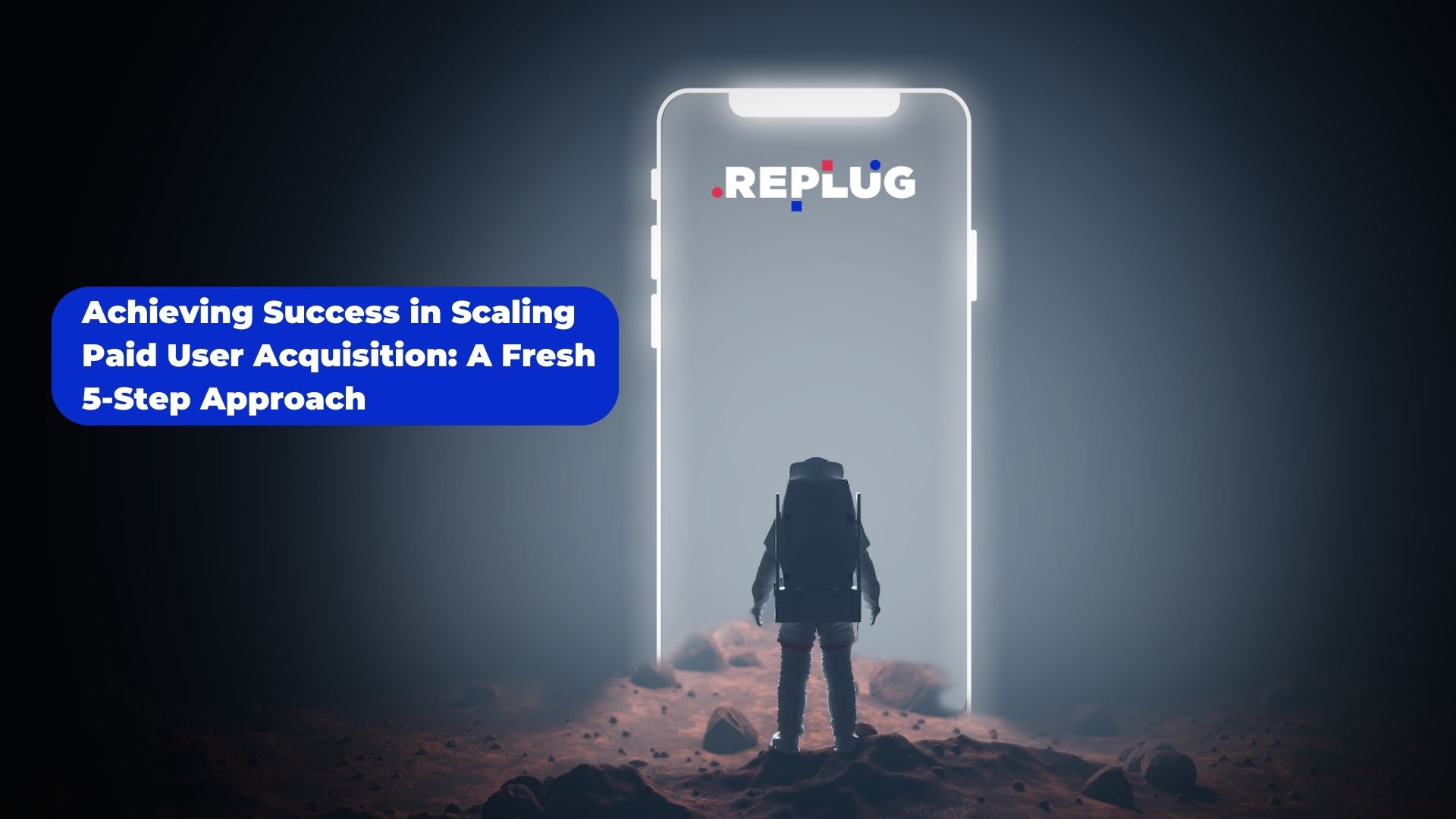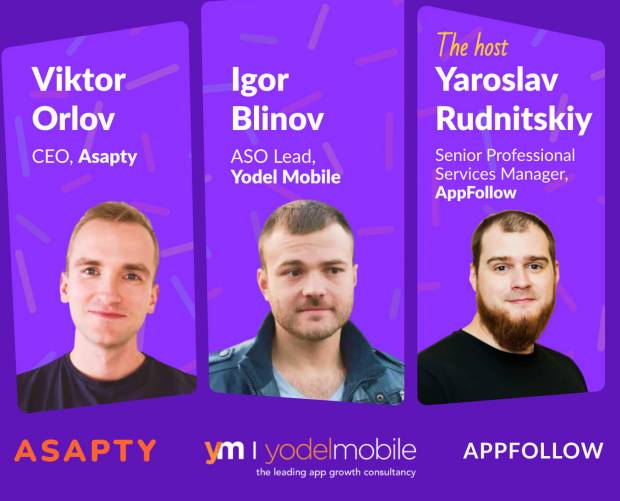Influencers are the marketing equivalent of crack. And not in a good way.
- Friday, May 10th, 2019
- Share this article:
Richard Cable, head of content at Tribal Worldwide London, takes issue with influencer marketing. 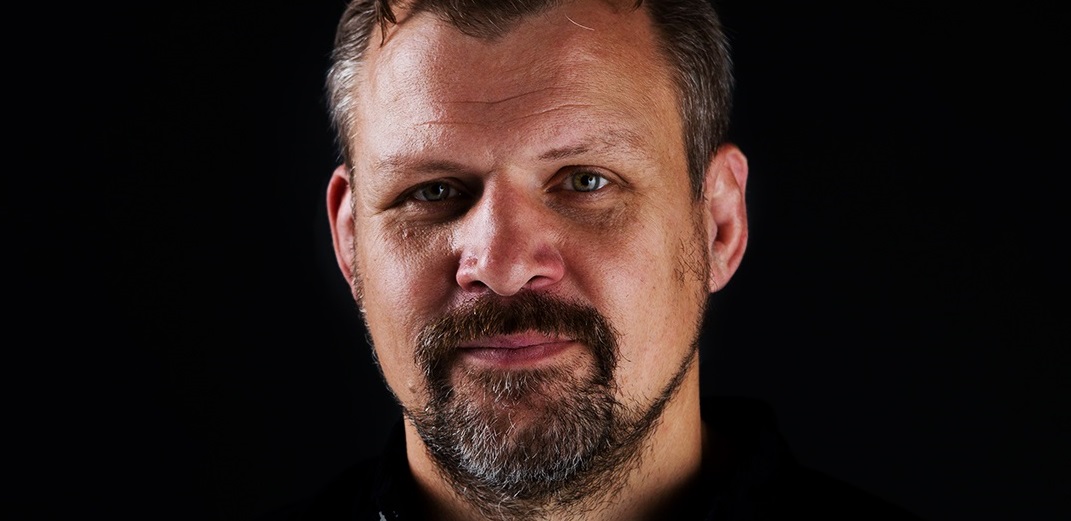 Full disclosure. I’m not fond of influencers. It’s not personal. I’m sure many of them are charming people. It’s a professional objection based on the fact that, beyond a limited subset of persuasive use cases, they are the marketing equivalent of crack. Guaranteed to get you high, but expensive, short-termist and you can never be 100 per cent sure it isn’t going to kill you.
Full disclosure. I’m not fond of influencers. It’s not personal. I’m sure many of them are charming people. It’s a professional objection based on the fact that, beyond a limited subset of persuasive use cases, they are the marketing equivalent of crack. Guaranteed to get you high, but expensive, short-termist and you can never be 100 per cent sure it isn’t going to kill you.
What is an influencer?
First, a definition. An influencer, for the purposes of this piece, is anyone with a sizeable (100K+) social media following who is prepared to promote your brand to their fans in exchange for money.
Celebrity endorsements aren’t new. They’ve been around since the baseball legend Babe Ruth first slugged back a Red Rock Cola. What makes the social media influencer a new and incredibly powerful development is their immediacy. Endorsements work because our simple monkey brains don’t draw clear distinctions between the people in our personal social group and the people who live on the small screen in your hand. We conflate the two, creating an illusion of intimacy and mutual understanding, with the intimacy of a smartphone only amplifying the effect.
So when a screen person makes a recommendation, it has the same emotional resonance as if your mum said it. What social media does is close the distance between you and the ever-present influencers in your mobile feeds, massively intensifying that illusion of intimacy and amplifying crucial traits like authenticity and trust like never before.
So why is using influencers wrong? Let me count the ways. All five of them.
– It’s lazy
Borrowed attention is the laziest form of marketing. It’s a substitute for an actual idea. Coming up with ideas is pretty much the definition of the marketer’s professional calling, so not bothering in favour of getting a total stranger with no prior association to your brand to bang out a few unscripted platitudes feels like an unforgiveable dereliction of duty.
– You’re building the wrong brand
Influencers are brands in their own right. When you put your brand in a room alongside theirs, whose brand are you actually building? Think about it. Who does the influencer love more? You or themselves? What are the audience there for? Who do they love? Sure, you’re going to get a little bump for supporting the real object of the audience’s affection, but are you getting a share of their loyalty? Seems unlikely. So you’ve just willingly relegated your brand to a footnote in someone else’s narrative and paid handsomely for the privilege. Win win.
– You have no real idea what you’re buying
Is your influencer actually influential? Social media reporting is sketchy at the best of times. When it comes to influencers, the meaningful metrics get even sketchier. Influencer fraud is real. Followers are bought and data is misreported. Research from Points North Group discovered that significant numbers of the ‘people’ ‘reached’ by major influencer campaigns were phoney. Top of the list was Ritz-Carlton, with an eye-watering 72 per cent fake followers. Too many brands embark on influencer campaigns with only the haziest idea of what to expect in return. No surprise then that the Association of National Advertisers found only a third of marketers judged their influencer campaigns effective and that a fifth thought they’d wasted their money.
– Just look at the company you’re keeping
In the era of brand safety and brand purpose, it’s a risky business hitching your wagon to influencers who may feel no responsibility to behave responsibly. As Unilever CMO Keith Weed put it, the influencer ecosystem needs to clean up its act “by making brands and influencers more aware of the use of dishonest practices” like failing to disclose that they have a commercial relationship with your brand. And when you’re dealing with people whose primary qualification is self-promotion, there’s no knowing what they might do for a few views more. One minute they’re shilling for your brand, the next they’re guffawing over a corpse in a Japanese forest. Dishonesty is one thing to manage. Stupidity is entirely another.
– You might be the Big Tobacco of the 21st Century
As a general rule of thumb, the younger you are, the more receptive you are to influencers and the more hours you’re going to spend viewing their impossibly desirable lives. Social media has already been implicated in a host of mental health issues, including anxiety, dysmorphia, sleeplessness, depression and loneliness. The full long-term implications of all this brand-funded vicarious living may not be known for years. When the demographic time bomb does finally go off, how close do you want to be standing?
Make influencers great again
As things stand, the influencer game is fast cultivating the seeds of its own destruction. The intimacy and authenticity that once made it so compelling are being eroded by massive scale and even more massive cynicism. And it’s starting to show. A recent survey by Shareable found that only 37 per cent of those aged 25 to 34 and just 55 per cent of 18 to 24 years olds said they trusted social media influencers. Those are worrying numbers.
But there is hope. A smarter approach to influence is about more than shopping for chunks of off-the-shelf attention. It’s about brands understanding that being truly influential on social media means creating meaningful long-term relationships, not the marketing equivalent of one-night-stands.
It’s hard to think of a brand that knows this quite like all-conquering beauty start up Glossier. As founder and CEO Emily Weiss puts it, “our customers are our number-one mouthpieces and evangelists”. Right from the start, Glossier has listened to, engaged with and celebrated its customers, creating the bedrock of a powerful network of micro-influencers who believe in it and promote Glossier and its products out of sheer, unadulterated love.
It’s an incredible asset, built on the simplest of insights. If you want to be a true influencer, attention isn’t something you buy, it’s something you give.






